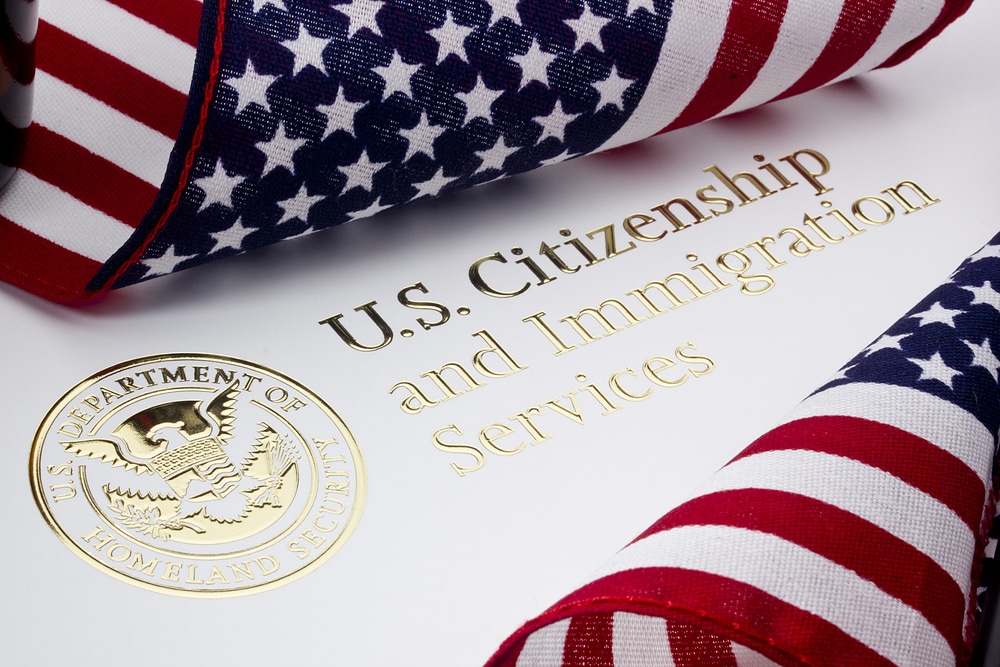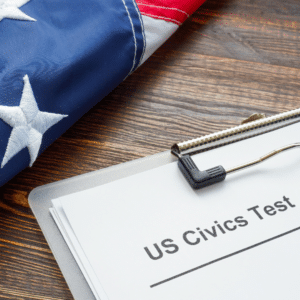Immigration can be a complex and daunting process for many individuals, and for members of the LGBTQ+ community, the challenges can be even greater. The intersection of immigration law and LGBTQ+ rights presents unique legal considerations, from asylum claims to family-based petitions and protections against discrimination. Understanding the available legal pathways and obstacles is essential for those seeking to navigate the U.S. immigration system.
Asylum for LGBTQ+ Individuals
One of the most critical protections available to LGBTQ+ immigrants in the United States is the right to seek asylum. The U.S. recognizes persecution based on sexual orientation or gender identity as valid grounds for asylum. LGBTQ+ individuals who fear persecution in their home countries may qualify for protection if they can demonstrate that they have suffered past persecution or have a well-founded fear of future persecution due to their identity.
To establish eligibility for asylum, applicants must prove that the persecution they face is due to their membership in a particular social group—such as the LGBTQ+ community—and that their home government is unable or unwilling to protect them. Many countries still criminalize same-sex relationships or fail to protect LGBTQ+ individuals from violence, making asylum a vital option for many.
Family-Based Immigration for LGBTQ+ Couples
The landmark Supreme Court decision in United States v. Windsor (2013) and the subsequent nationwide legalization of same-sex marriage in Obergefell v. Hodges (2015) significantly expanded immigration rights for LGBTQ+ couples. Same-sex spouses of U.S. citizens and lawful permanent residents are now eligible to apply for family-based immigration benefits, just as opposite-sex couples are. This includes spousal visas, green cards, and fiancé(e) visas.
Additionally, LGBTQ+ couples may adopt children together, and immigration benefits extend to children in these families. However, proving a bona fide marriage in immigration cases remains essential, and same-sex couples may face additional scrutiny in having their immigration petitions approved.
Challenges Facing LGBTQ+ Immigrants
Despite legal advancements, LGBTQ+ immigrants still encounter significant obstacles, including:
- Discrimination and Bias: Some immigration officials or adjudicators may harbor biases, making the process more difficult.
- Lack of Legal Recognition in Home Countries: LGBTQ+ individuals from countries where same-sex relationships are not legally recognized may struggle to provide necessary documentation for their petitions.
- Detention and Mistreatment: LGBTQ+ immigrants in detention facilities are at higher risk of abuse, harassment, and inadequate medical care, particularly transgender individuals.
- Proving Persecution for Asylum: Demonstrating past persecution or future fear of persecution can be challenging, particularly for individuals from countries where LGBTQ+ identities are criminalized but not systematically persecuted.
Special Protections for Transgender Immigrants
Transgender individuals face additional legal and social challenges when seeking immigration relief. The U.S. recognizes gender identity as a basis for asylum claims, and transgender immigrants can update their gender markers on immigration documents. However, navigating these legal processes requires knowledge of specific guidelines and potential delays in processing.
Seeking Legal Assistance
Given the complexities of LGBTQ+ immigration cases, seeking legal representation is highly recommended. Experienced immigration attorneys can assist with asylum applications, family petitions, visa applications, and legal documentation to ensure LGBTQ+ immigrants receive the protections and benefits they are entitled to.
Conclusion
LGBTQ+ immigrants face unique legal challenges, but significant protections exist to support them in their journey toward safety and stability in the United States. Whether through asylum, family-based immigration, or advocacy against discrimination, the legal landscape continues to evolve to recognize and affirm LGBTQ+ rights. Those navigating these processes should seek professional legal guidance to ensure the best possible outcome for their case.













